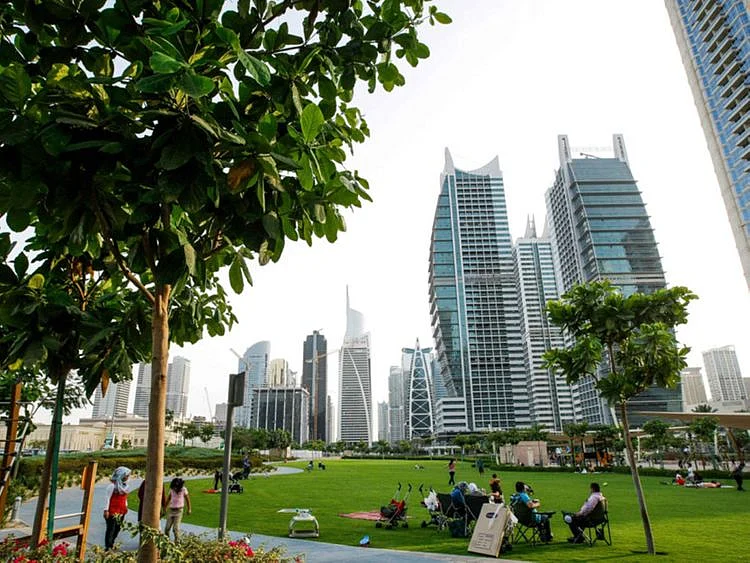Reforms have been the key theme for the UAE over the past year.
From the stimulus package to the decision to return visa deposits, to the much awaited visa reform that allowed for five- and 10-year visas as well the “Golden Card” permanent residency scheme, the emphasis has been on demand management in the economy. Further reforms on the anvil include the overhauling of the end-of-services package for employees, to the “passport” free zone license where incorporation in any one free zone automatically allows for the ability to operate in any other free zone. And, finally, the passage of the FDI law that will seek to liberalise ownership of certain economic sectors in the UAE.
While each of these reform packages are significant in themselves, the cumulative impact of these moves are expected to generate significant economic benefits over the next decade. Readers have always asked me as to why the impact of these reforms is not felt over the short-term, especially as the most significant piece of reforms over the last two decades — that of asset liberalisation via the freehold legislation — kick-started an asset boom still being felt to this day.
The answer lies in the emphasis of the regulatory reform. Asset liberalisation was about supply-side incentives, with the emphasis being on increasing the economic capacity of the country. This was best achieved through allowing foreign investment in real estate and capital markets.
With record levels of investment being realised since this landmark legislation was introduced, the shift in emphasis has been towards the demand management of the economy, by loosening restrictions on economic sectors and immigration, such that greater numbers of people can enter the country. This was aided by the “decoupling” of the residency visa status from employment, thereby encouraging vast swathes of people from artists to entrepreneurs. Each of these reforms will assist in shifting the demand curve outwards to meet the enhanced capacity that the economy now possesses.
It is important to remember that these reforms are cumulative and gradual, and that the emphasis of the reforms are underpinned by the impulse for liberalisation. Every single regulatory reform package has been towards increased integration with the global economy, all the while strengthening the economic foundation of the country.
It is important to note here that whatever the emphasis of regulators (whether demand management or supply side enhancement), the impact is symbiotic to both sides of the equation. Freehold ownership meant that even as the capacity of the economy increased, it created its own demand, as professionals and entrepreneurs flocked to the country in response to the incentives provided.
The latest batch of reforms (both announced and on the anvil) seek to streamline demand-led incentives by promoting the country as a premier destination for living and even retiring. This paves the way for other sectors such as AI, fintech and even retirement communities to flourish as talented individuals enter the UAE, building on the superior infrastructure and economic base established over the past decade-and-a-half.
To be sure, the impact of these legislative accords will be felt over time, but its impact will perhaps be even more significant than the asset liberalisation moves put into motion in 2002. I would argue that it would even bolster the impact of freehold ownership as increased demand would now create its own supply.
In an age marked by trade wars and increased balkanization of borders, the UAE’s leadership has continued to demonstrate wisdom in resisting such impulses, instead focusing on increased economic efficiency by streamlining processes that make it easier for individuals and companies to enter the country and establish their business.
In the final analysis, that is always the goal of regulation — the ability to promote interdependence — with the recognition that we are living in a global village. I expect that the impulse behind future reforms will emphasise the same underlying objective, recognising that regardless of the current political rhetoric emanating from the West, the objective is always for an integration rather than a balkanization of communities.
Nasser Malalla Ghanem is Senior Partner at the law firm of NM Associates, which has a joint venture with GCP.
Sign up for the Daily Briefing
Get the latest news and updates straight to your inbox
Network Links
GN StoreDownload our app
© Al Nisr Publishing LLC 2026. All rights reserved.
